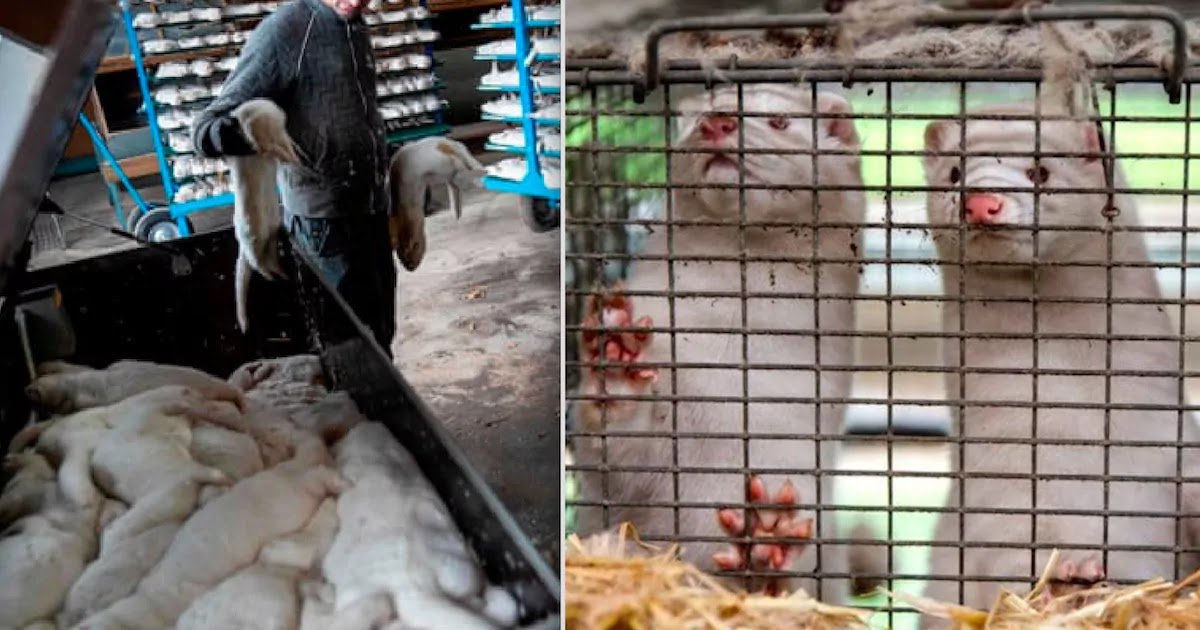
The planned killing of 17 million mink in Denmark has been halted after opposition from the Danish parliament. The planned cull of the animals was to be carried out in order to stop the spread of a mutated form of the coronavirus, which has been found in the mink population. It is feared that the new mutation may not be stopped by the vaccines currently being developed.
The leader of Denmark's largest opposition party opposed the move on the basis that they believed that the culling did not have a basis in scientific fact. Jakob Ellemann-Jensen, the party's leader, said:
"Massive doubts over whether this cull is properly scientifically based [have] come to light now. At the same time the government is taking away the livelihood of a large number of people without actually having the legal rights to do so."
The party based their opposition also on the fact that the mutated strain has not been found in the Danish mink population for over a month.
Benny Andersson, CEO of the Swedish animal rights organisation, Djurens Rätt, praised the move, but said that it was not done out of thought for the animals, but due to the fact that the animals are being killed for their fur soon regardless. He said in a statement that the halt was:
"Mainly because the ongoing pelting season means most animals, other than breeding stock, are already being killed. This is a tiny sector, we could easily live without it, given the risk of compromising a vaccine. We should be shutting down mink farms and culling all the animals. Sick animals are not being treated which is another mink welfare issue."
CoVid-19 outbreaks among mink have been recorded in the United States, Spain and Sweden, who have all carried out small scale culls of their own. Animal rights activists have long protested the fact that these intelligent animals are bred in captivity and killed solely for their use in clothing. This includes the production of accessories such as fake eyelashes.
Joanna Swabe, of the Humane Society International, said of the mink and their inhumane captivity:
"Mink, who are already stressed from the unnatural living conditions, experience severe respiratory distress before dying. If mink on a farm are infected, suffering respiratory problems and are not being culled, their welfare will also be seriously compromised. So far it's just luck that we are talking about mink rather than food animals. Covid-19 can mutate in mink, which a virus can do anyway, and then it can potentially come back to us. What if we get a zoonotic disease that affects pigs in the next pandemic? Or chickens? Mink can easily be culled, they are non-essential. It's going to be harder to do that with food-animals."
Recent vaccine developments have led to the belief that the pandemic may soon be curtailed. Governments across the world are now working to roll out the vaccine as soon as possible.













COMMENTS